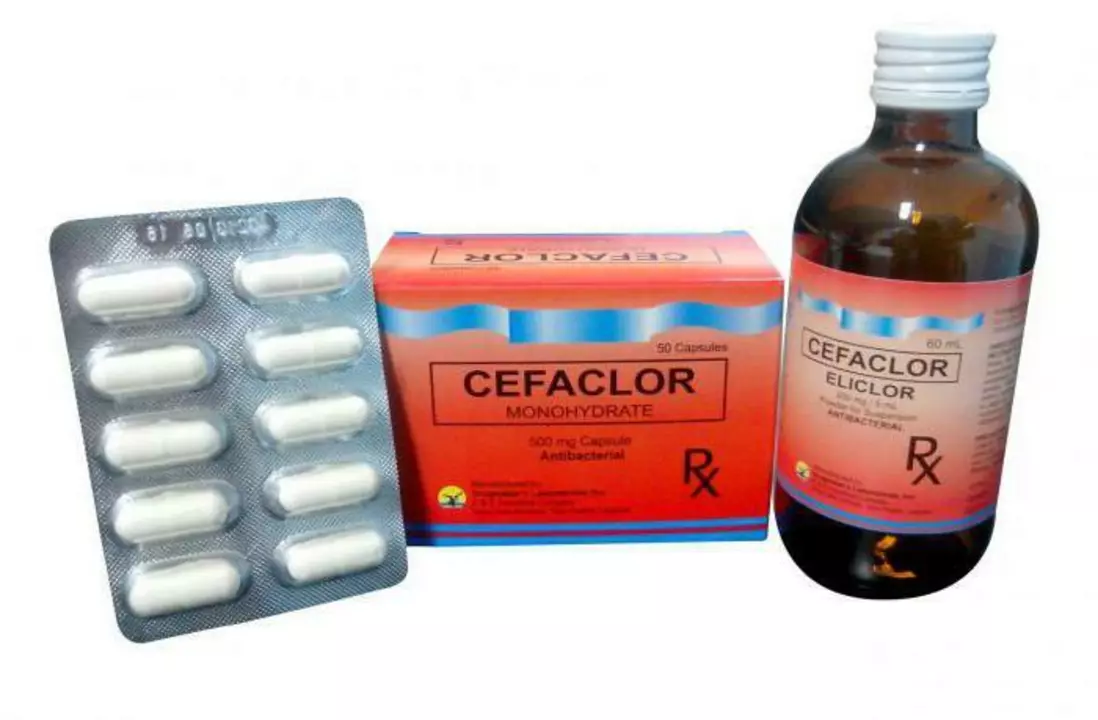Avoid Risky Meds and Bad Pharmacies: Clear, Practical Rules
Ordering medicine or trying a new supplement shouldn't feel like a gamble. Too many of the problems we see — fake pills, wrong doses, bad advice — come from avoidable mistakes. This page gives direct, usable rules so you can spot danger fast and make safer choices.
Top red flags to avoid right now
Watch for these signs before you click "buy":
- No verifiable contact details or business address — a real pharmacy lists a phone number and a license.
- They sell prescription-only drugs without asking for a prescription.
- Prices that look ridiculously low for brand-name meds — that’s often a sign of counterfeits.
- Mixed or missing batch numbers and unclear expiry dates on product pages or leaflets.
- Scant safety info, no interaction warnings, or medical guidance that sounds generic or extreme.
If you spot any of the above, avoid buying. Instead, pause and verify — it usually saves money and risk.
Quick checks that actually work
Do these three things before you trust a seller: verify, compare, and confirm. First, verify the pharmacy: search the regulator in the country they claim to work from (MHRA, FDA, or your national agency). Second, compare product details — active ingredient, strength, packaging photos — with a trusted source or the manufacturer's site. Third, confirm delivery and returns policy, plus whether customs might intercept or destroy the package.
Example: a recent MHRA alert showed a leaflet typo for Diflucan batches. The product was fine, but pharmacists and patients who read the alert avoided confusion by checking the regulator’s note. That’s the kind of quick check that prevents mistakes.
Avoid relying solely on reviews. Fake shops buy fake five-star reviews. Look for third-party certification seals, clear refund policies, and consistent contact details. If they pressure you to buy fast or offer huge bonuses for a single purchase, walk away.
When considering alternatives to a prescription medicine, avoid swapping without talking to a clinician. Our site has practical articles on safe alternatives — from Ventolin and Sertraline to dexamethasone options — but use those as starting points for a doctor conversation, not a replacement for medical advice.
Finally, avoid sharing prescriptions, splitting tablets without checking, or mixing meds without checking interactions. If a site or seller tells you a risky combination is fine, that’s a red flag. If you need help vetting a product you found online, use our guides like the Fertogard and Priligy buying posts to learn what safe vendors and checks look like.
Follow these steps and you’ll avoid the most common traps: fake drugs, bad advice, and wasted money. Read the linked guides on this tag to get deeper checks for specific meds and trustworthy shopping tips.

